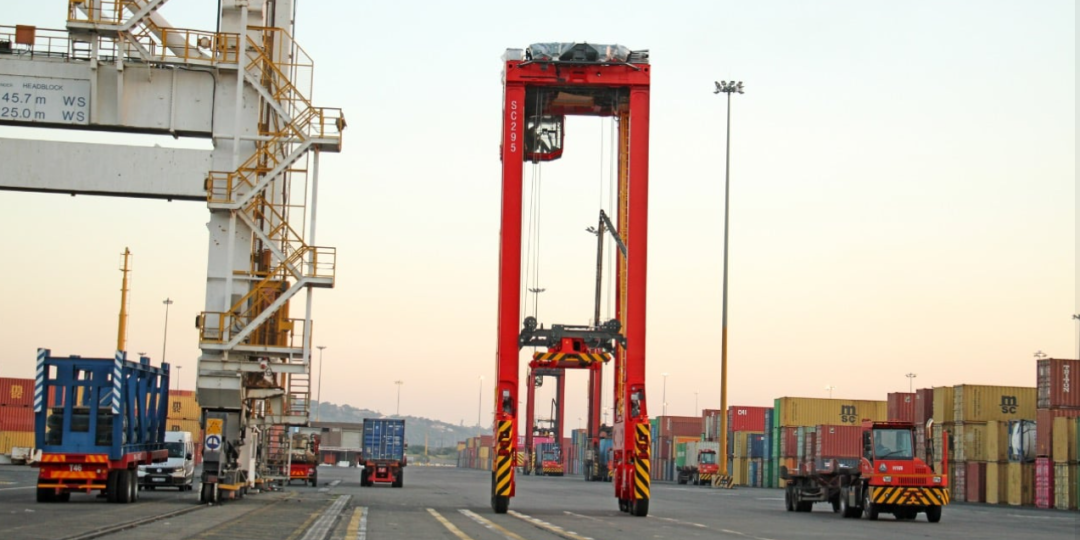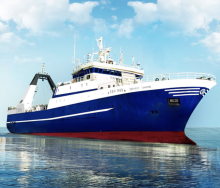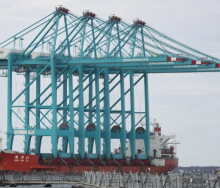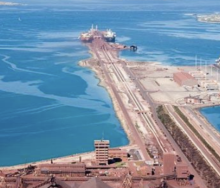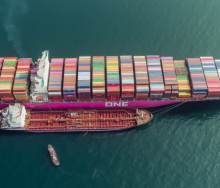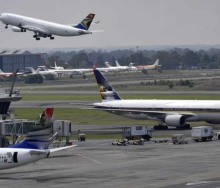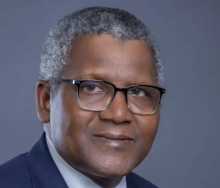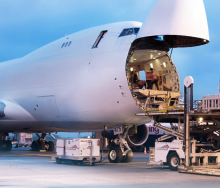Component parts for 20 straddle carriers used at Durban Container Terminals (DCT) will be received by the end of November, Transnet has said in response to questions about nagging equipment inefficiencies at DCT Pier 2.
The questions were sent to the state-owned logistics utility to shed more light on the issue following Tuesday’s port update which said: “Despite our ongoing efforts, we are still experiencing low availability of straddle carriers, which is impacting our operations and your expectations.”
In addition to the parts it has ordered, Transnet said: “Four straddle carriers will be assembled and fully commissioned every month – with the first batch of four deployed in operations end of January 2025.”
The utility was also asked to elaborate on the following statement contained in Tuesday’s update: “Necessary extensions will be reviewed and communicated in due course.”
Transnet said it meant “import storage is reviewed and extended whenever the terminal experiences challenges such as inclement weather or low availability of equipment.
“However, the terminal always advises shipping lines to assign their containers to transporters timeously, which is an indication of the intention to evacuate the containers within the free import storage period.
“There are instances where shipping lines do not assign the containers to transporters, and as a result, the containers are left in the terminal, accumulating dwell time.”
The utility added that the terminal did not grant extensions for unassigned containers or those with road stops. “Extensions are granted for containers that are pre-assigned and that do not have road stops. The import-free storage dates/periods are communicated to customers daily at 08h00 and 15h00.”
But road freight harbour carriers continue to face daily cargo movement delays and have openly expressed their frustration with Transnet’s truck booking system.
The utility, though, maintains that progress at DCT is steadily under way and has asked for private-sector support in its efforts to find solutions for congestion.
